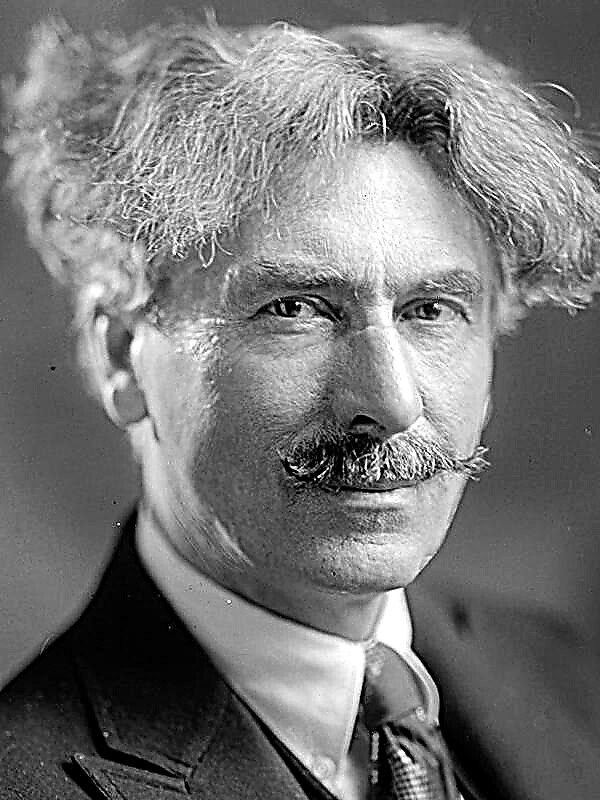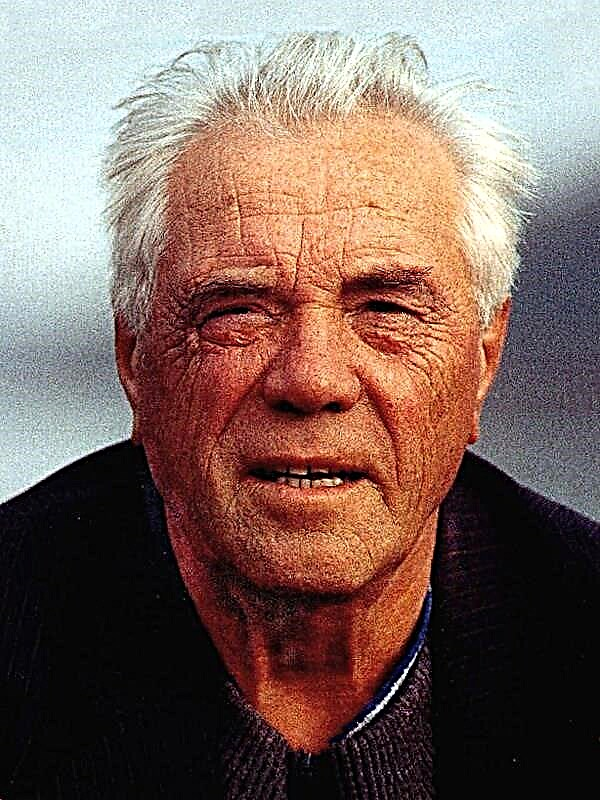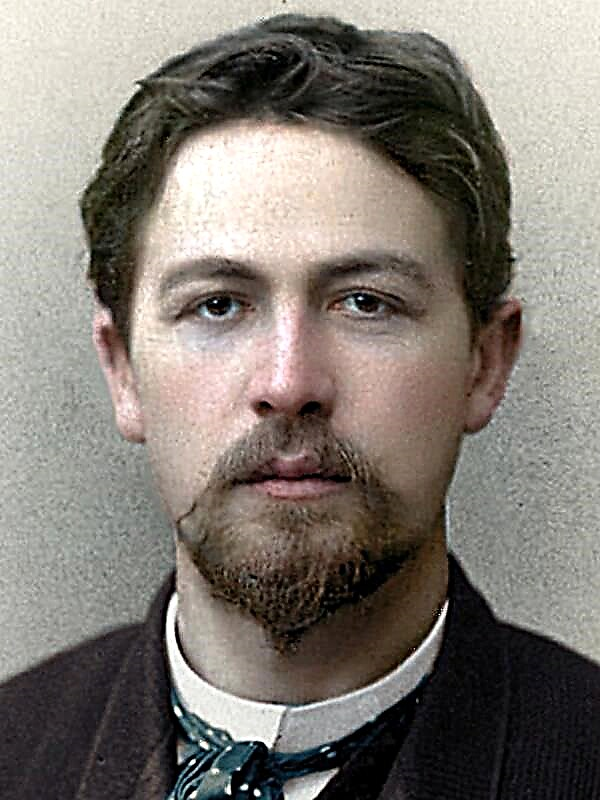(355 words) We tell lies from time to time. This is not always due to bad motives. Sometimes we just don’t want to talk about something, or vice versa, we want to embellish reality. Most often, we time ourselves. But is truth really necessary for man? Not for nothing that some say: “Better is a sweet lie than the bitter truth.” So let's look at the example of Gorky's play “At the Bottom”, do we need truth?
In short, the play is about the inhabitants of the overnight stay, and one day a strange old man named Luke comes to them and asks the poor about their life. Compassion for someone, someone comforts or encourages. But all these inhabitants lie, but not to Luka, but each to himself. And the wanderer is lying a little. For example, the dying Anna, who is afraid that in the afterlife she will face the same torment as in life, Luke says that everything will be fine. But he cannot know for sure. Anna does not believe him because it is true, but because it is easier and less frightening for her to die.
The actor is also deceived. He has already become an alcoholic. Luke says there is a hospital where he can be cured. The actor believes him and willingly indulges in self-deception. When the magic of lies ends, he takes his own life. No wonder the wanderer says that not everyone can bear the truth, for someone it is deadly.
So, it’s not even Luke who deceives the shelters, but they themselves are glad to live in lies. They are the deceivers. The prostitute speaks of true love, the thief dreams of an honest life, the artisan thinks that after the death of his wife he will heal regally. All the poor are mired in self-deception. Their illusions are exactly the opposite of what they do every day. And if the heroes so willingly lie to themselves, then the conclusion suggests itself: they do not need the truth.
Since an overnight stay is a simplified model of the whole society, we can say that the truth is needed only by individuals who are exceptions to the general rule. Satin, for example, is willing to live honestly with himself, but how can a cheater be honest with others? To this he replies sarcastically: “Why sometimes the cheater doesn’t speak well, if decent people ... speak like a cheater?” His remark only reinforces my conclusion: people (for the most part) do not need the truth, as well as freedom, since "truth is the god of a free man."












